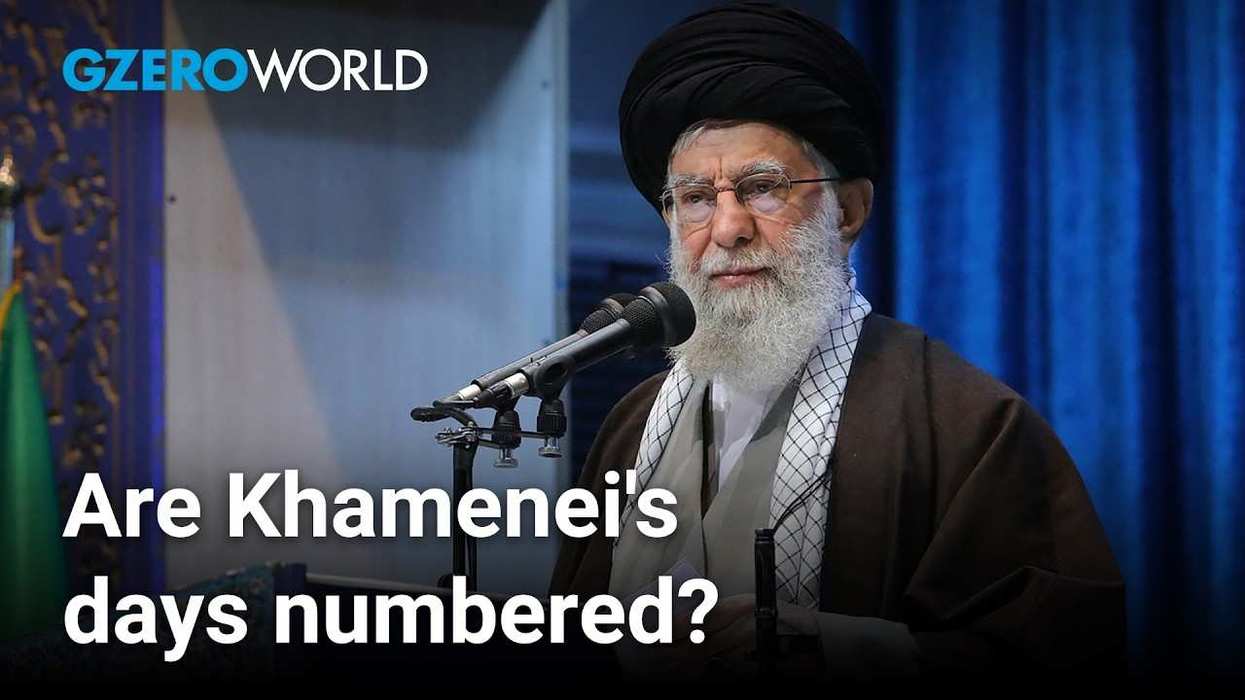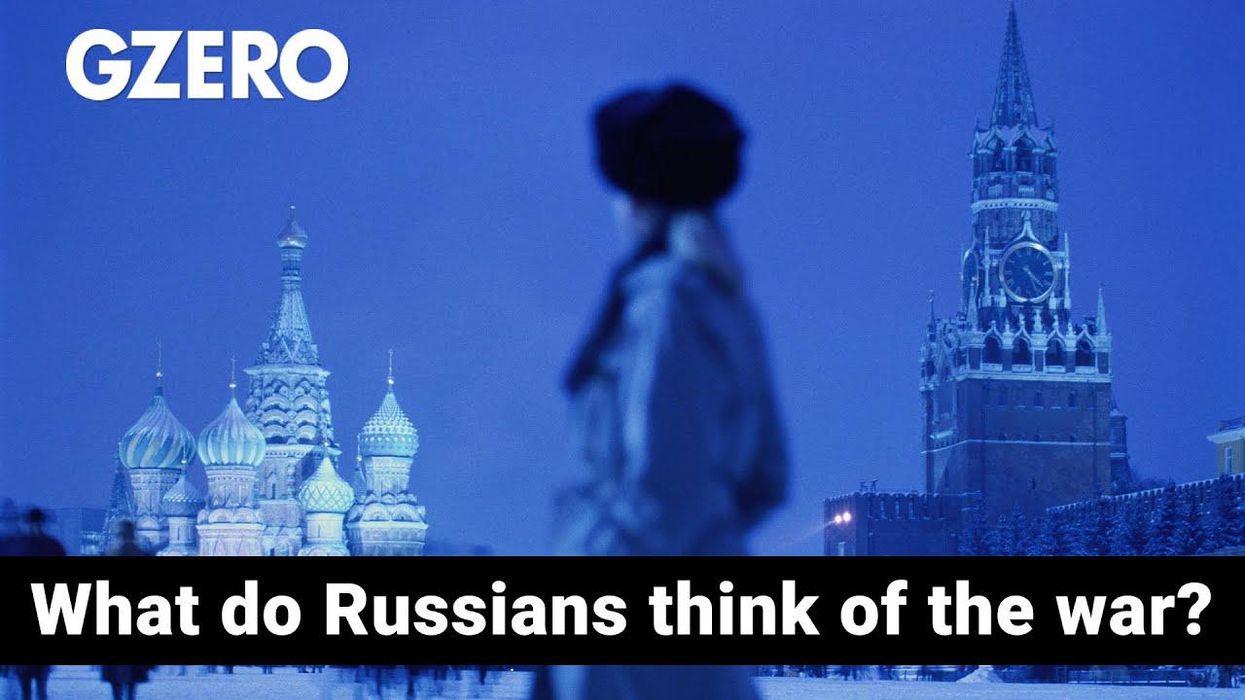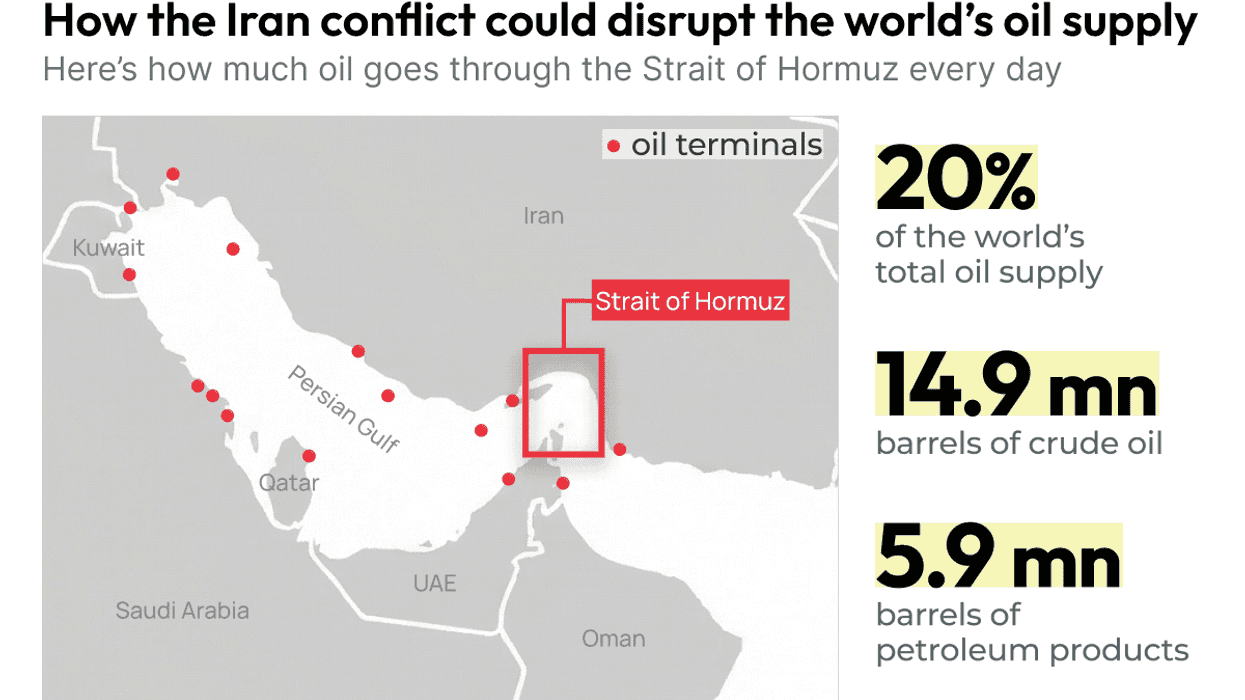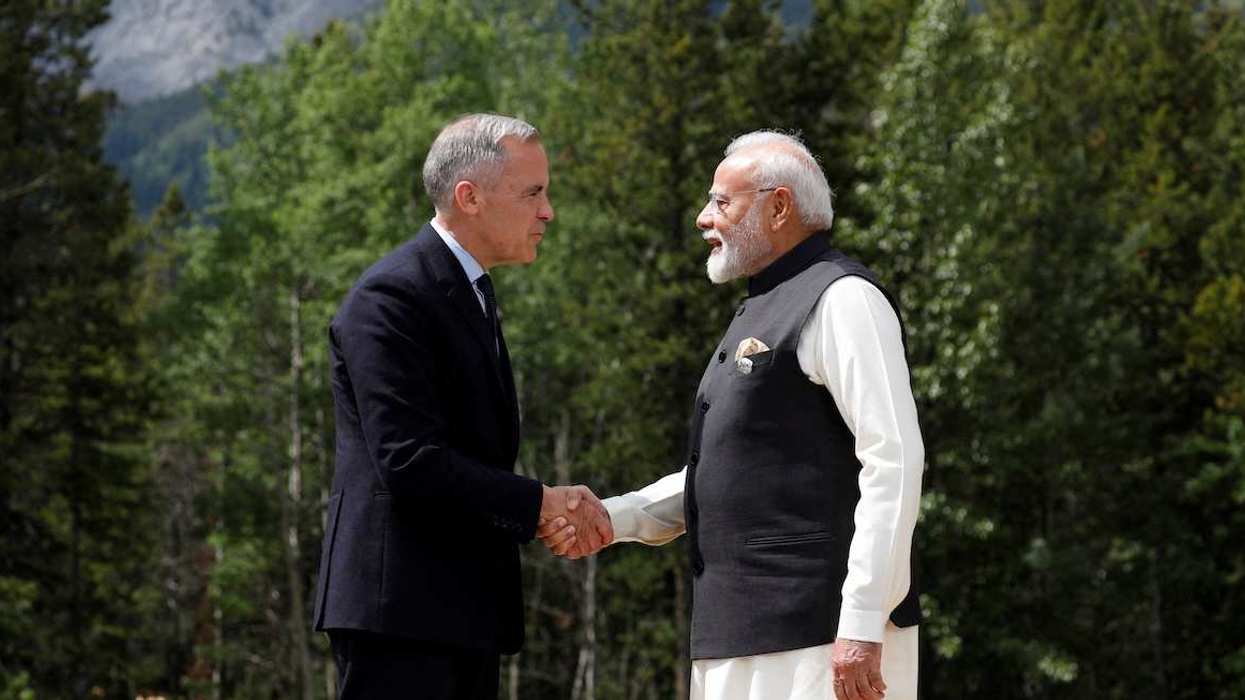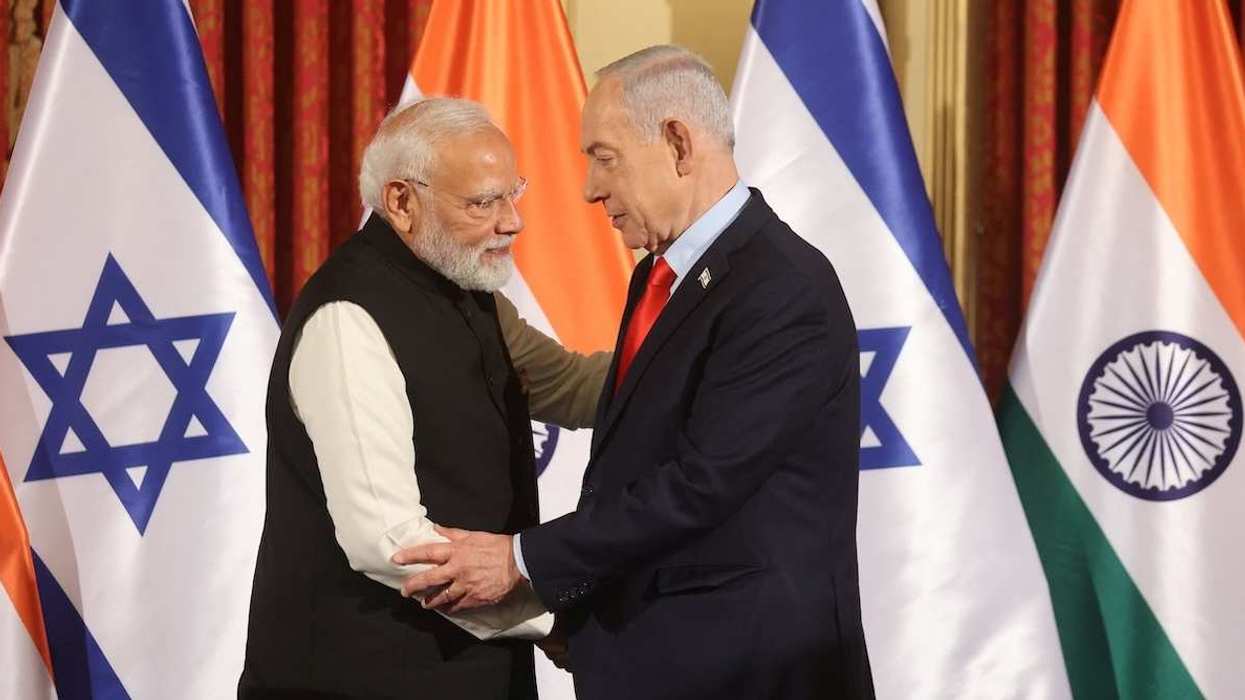As the dust settles from last weekend’s EU Parliament elections, Italian Prime Minister Giorgia Meloni is holding all the cards, and EU Commission President Ursula von der Leyen is preparing to kiss the ring.
The EU undeniably shifted right in the election, with support for Meloni’s right-wing coalition climbing to more than 47%. Meanwhile, for von der Leyen, the center held — but barely. Her coalition of mainstream parties won a narrow 400-seat majority, but with many threatening to defect, so she will need to pull votes from Meloni’s camp to secure the 361 votes she needs to win a second term as commission president on July 18. For Meloni, supporting von der Leyen could further cement her influence in Brussels.
These women aren’t diametrically opposed. While Meloni's party traces its roots back to a neo-fascist group, and her 2022 victory set the tone for far-right gains across Europe, she’s moderated her position on the international stage and dropped her previous anti-EU rhetoric. She is also a fervent Ukraine supporter, which could make her a key bridge to the far right for von der Leyen, who announced on Tuesday that the EU will send €1.4 billion to Ukraine and that it will begin accession talks this summer.
Meloni is gearing up to host the G7 meeting on Thursday, and Ukraine will top the agenda. We will be watching to see whether she and von der Leyen team up on securing more aid, which could signal a deepening partnership in parliament to come.




